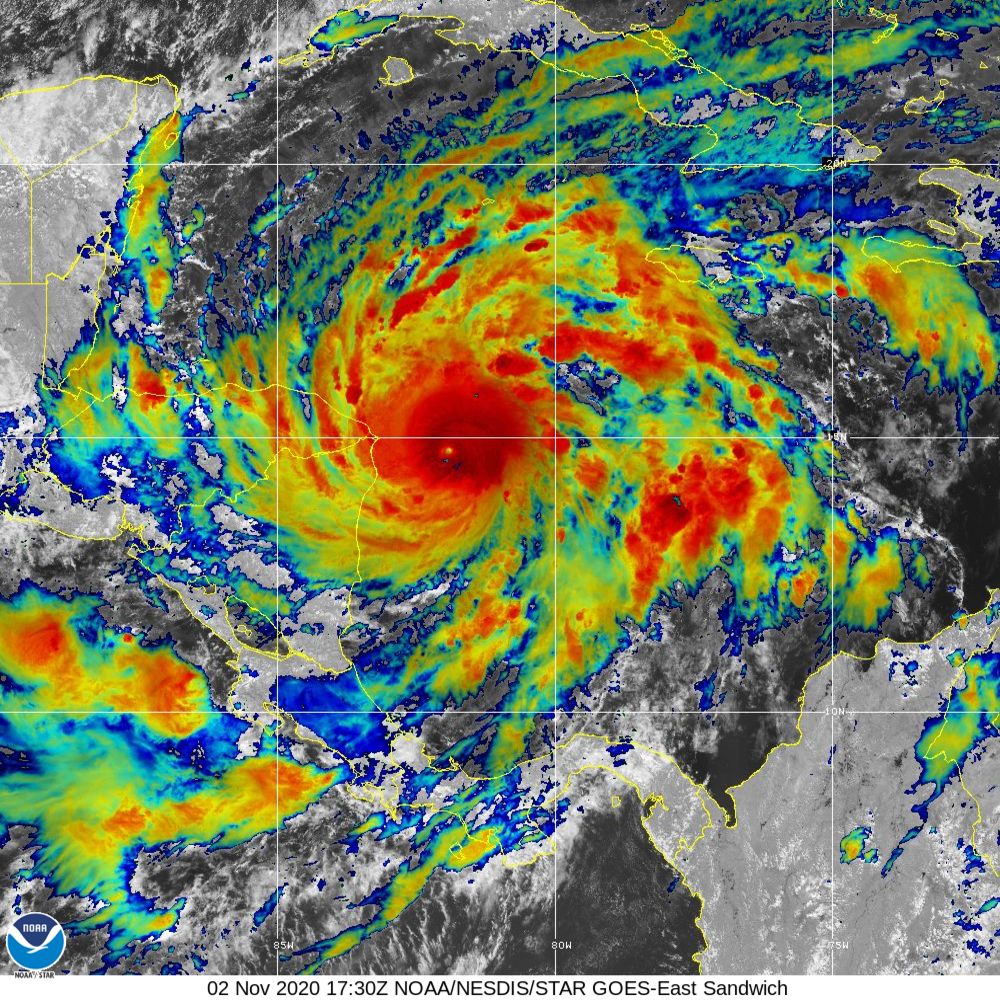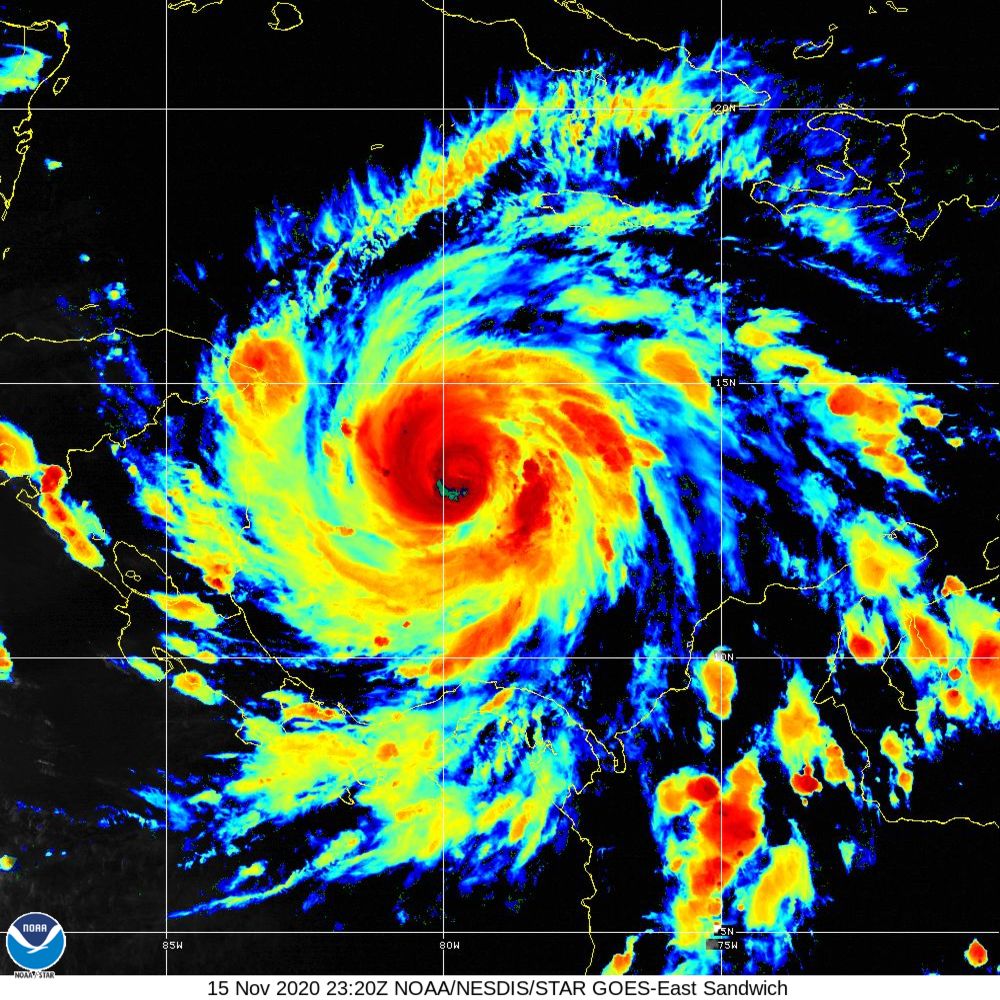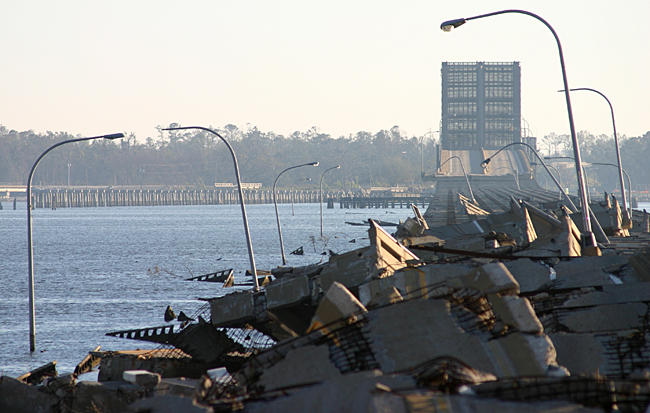June 1 is only a few days away; and that signals the official beginning of the Atlantic hurricane season in the northern hemisphere — although Tropical Storm Ana had already formed early on Saturday, May 22, 2021 and has dissipated — and effective immediately, members of the Hurricane Committee of the World Meteorological Organization have decided that names using the Greek alphabet will not be used in future because it creates a distraction from the communication of hazard and storm warnings and is potentially confusing.
Use of Greek Alphabet Names Ceased by Hurricane Committee of the World Meteorological Organization

“The 2020 season got off to an early and rapid start with a record nine named storms from May through July”, according to this official press release from the World Meteorological Organization. “It ended late, with two major hurricanes in November for the first time on record and at a time when the season is normally winding down. The season was so active that WMO’s 21-name rotating list was exhausted and the Greek alphabet was used for only the second time (the first time was in 2005).”
The 2020 hurricane season demonstrated that a number of shortcomings with the use of the Greek alphabet were revealed:
- Too much focus was placed on the use of Greek alphabet names and not the actual impacts from the storm, which can greatly detract from the needed impact and safety messaging.
- Confusion surfaced with some Greek alphabet names when they are translated into other languages used within the Region.
- The pronunciation of several of the Greek letters — Zeta, Eta, Theta — are similar and occur in succession, which resulted in storms in 2020 to have very similar sounding names occurring simultaneously and led to messaging challenges rather than streamlined and clear communication.
- Impacts from Hurricane Eta and Hurricane Iota were severe enough that those names have formally retired by the Hurricane Committee — and no formal plan was in place for retiring Greek names, which meant that the future use of these names would be inappropriate.

Instead of using names derived from the Greek alphabet, supplemental names will be used instead. For example, if a weather system forms after Hurricane Wanda later this year and is officially declared as a tropical storm, it will be named Adria.
Summary
In this article pertaining to Hurricane Iota, I asked: “As far as I know, the name of a tropical system after a character of the Greek alphabet has never been retired. What happens if a storm is strong enough to warrant the name being retired and it is named after a character of the Greek alphabet?”
Well — now we know the answer to that question, as the name Iota has since been retired.
I believe that the name of a tropical system should remain the same and not change if it crosses between the Eastern Pacific Ocean basin and the Atlantic Ocean basin.
Also, I personally believe that the National Weather Service of the United States and other official weather authorities should consider using the letters Q, U, X, Y, and Z to name tropical systems — especially with the inclusion of names which are not common in the United States. Quincy, Ursula, Xavier, Yvonne, and Zachary all come immediately to my mind to name storms which usually do not require those letters during a typical season. Only once the entire alphabet has been exhausted should the characters of the Greek alphabet be used…
…and ironically, the Greek alphabet uses a name which begins with the letter Z. Why not use one of the names which begin with the letter Z?
Hurricanes and other named tropical cyclones usually affect travel; and travel waivers from airlines are usually documented in articles here at The Gate so that you are kept aware of any impediments in case your travel plans are affected by these weather systems.
For photographs and essays of my personal experiences in helping with the cleanup of Hurricane Katrina along the gulf coast of the United States in 2005 — during that record-setting season in which the Greek alphabet was used for the first time — please refer to the following eight articles…
…as well as an additional article which shows satellite views of what the city of Biloxi in Mississippi looked like in 2005, 2006, and 2012:
- A New Beginning, 2005
- Hotels, Casinos and Other Public Buildings
- Home Will Never Be the Same
- Signs in Biloxi
- Tree-Mendous Damage in Pass Christian
- A Grave Situation in Biloxi
- Point Cadet in Biloxi
- The Destroyed Biloxi Bay Bridge in Lots of Photographs
- Watch a Time Lapse of Virtually Anywhere in the World Between 1984 and 2012
All photographs ©2005 by Brian Cohen.

